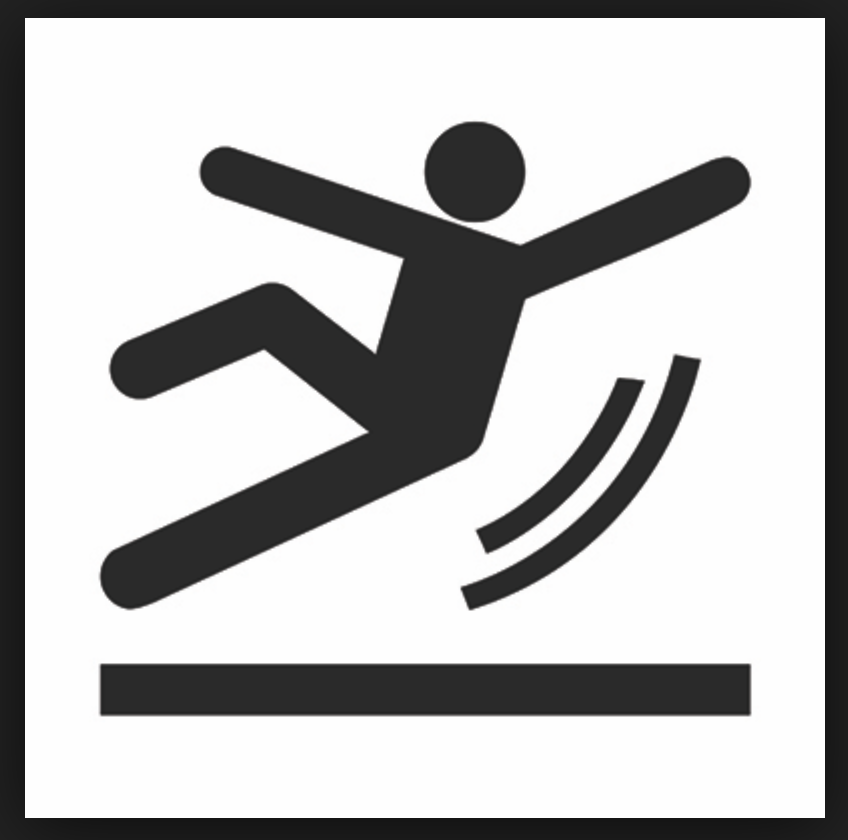We all stumble or trip. Sometimes we fall and hurt ourselves. It might be obvious why we fell, like slipping on ice or tripping over loose carpet. But other times it is a puzzle to figure out why we fell.
A big piece of the puzzle might actually be medications.
Medications have a laundry list of side effects that can increase your risk of falls:
- blurred vision
- dizziness upon standing
- drowsiness
- muscle weakness
- urgency to get to the bathroom
We also know that the number of medications taken increases the risk of falls (4 and above). As well, certain “classes” of medications like antidepressants, heart drugs, pain medications and sleeping pills can increase your risk.
The dose of medication or drug/food interactions may increase your risk of falls. Even taking a medication at a specific time of day can cause a side effect that makes you unsteady.
As you see, medications can certainly contribute to falling and thereby possibly causing injury.
What can you do?
A solution is to book an appointment (MedsCheck) with your pharmacist for a falls assessment. If it is difficult for you to leave your home, ask us for a home visit instead.
Together with your pharmacist you will:
- create an up to date medication list
- review your concerns, falls experience and symptoms (like weakness, dizziness)
- receive recommendations to discuss with your doctor
The review with your pharmacist can help you understand the risks that your medications add. The pharmacist cannot advise you to stop taking a prescription medication but can give recommendations to help start a discussion with your doctor.
Here’s an example: A patient is taking a medication that is causing a side effect of blurred vision. The pharmacist identifies that one of your medications may be causing the side effect, especially because you mentioned that you have kidney problems. The pharmacist writes a recommendation for your doctor to consider a dose change or a switch to an alternative medication that does not cause the same side effect.
Medications have been started to benefit your health, but sometimes a proactive conversation about the risks vs benefits is important.

